Guide To Your Personal Injury Claim | Ellijay Personal Injury Lawyer

GUIDE TO YOUR PERSONAL INJURY CLAIM | ELLIJAY PERSONAL INJURY LAWYER
Starting the process of pursuing a claim for your injury can be intimidating and confusing. The first thing to remember is: we are here to help – if you have a question or need help along the way, please reach out to us. We have prepared the following brief guide to help guide you through the process of preparing for your personal injury claim.
TABLE OF CONTENTS
1. Make a File
2. Start a Journal
3. Schedule a follow-up with your doctor
4. Follow your doctor’s advice
5. Start working on your discovery
6. Get familiar with the terms
7. What you need to know about evidence
1. Make A File – Today
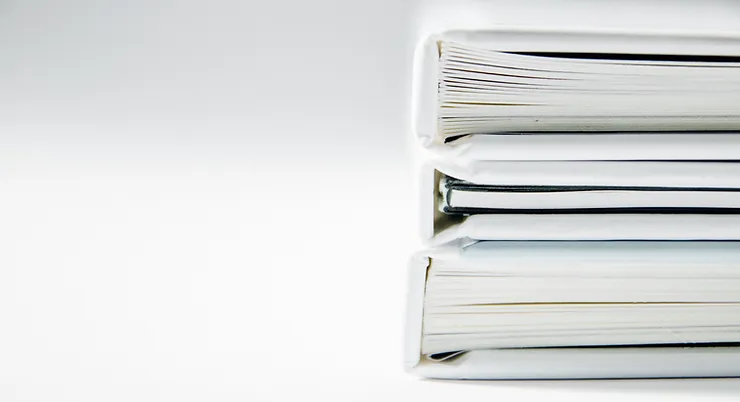
Make a file to store the documents related to your injury claim. This could be a plain manila folder, a 3-ring binder with dividers, or even a shoe box. The purpose of this file is to create a central location to keep every document related to your injury claim. Later when you get a bill from a medical provider, a receipt from a pharmacy, or a test result from your doctor – you will already have a place to store it. Finally, if we need a copy of a document, you will know exactly where it is located.
2. Start A Journal – Today
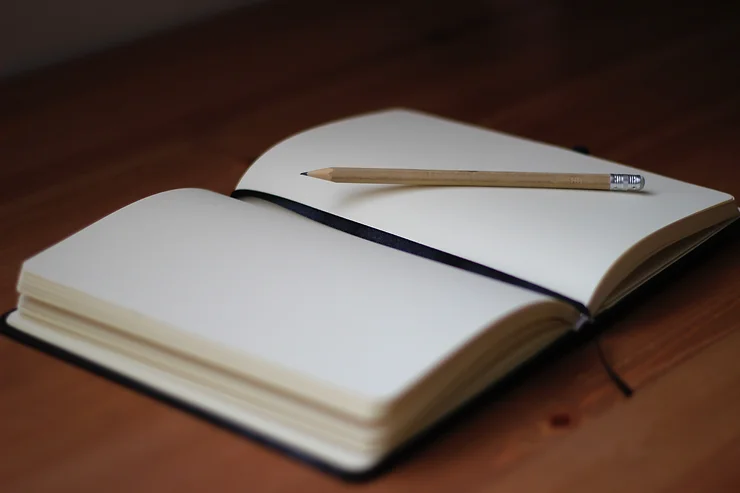
Get a plain journal or day-date calendar and start keeping a daily log immediately. This journal will be to keep track of your day-to-day expenses, pain, and treatment related to your injury.
Your journal should log several things every day:
* Your pain level and location of the pain.
* Any job, activity, or event you were unable to do – or that you could not complete as you would have been able to prior to the accident – and how.
* Any travel (and the mileage) that was required for medical treatment, to pick up medication, or have a medical test completed.
* Any medication that you have filled at a pharmacy or purchased over the counter – as well as the cost.
* Any medical appointment or test you have that day.
* Any phone call, email, or question you leave for your medical provider.
3. Schedule A Follow-Up With Your Doctor
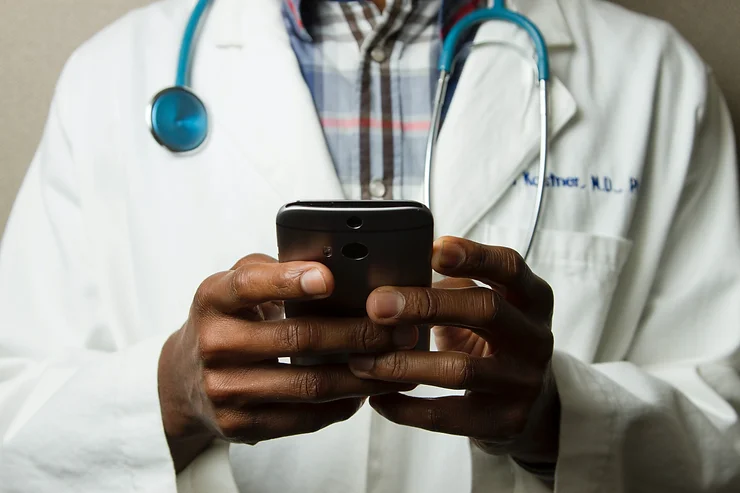
If you have not already scheduled a follow up with your primary care physician or a specialist – please do so immediately. You may be tempted to simply see a chiropractor or naturopath – while they can be a part of your medical team, you must see a physician to ensure you receive the proper treatment and rehabilitation plan. It is imperative that you receive prompt medical care to ensure you receive the treatment you need and make as full of a recovery as possible.
If your doctor recommends another follow up or refers you to a specialist or another doctor, please make and keep that appointment – it is essential to making a full recovery and receiving the compensation you deserve.
4. Follow Your Doctor’s Advice
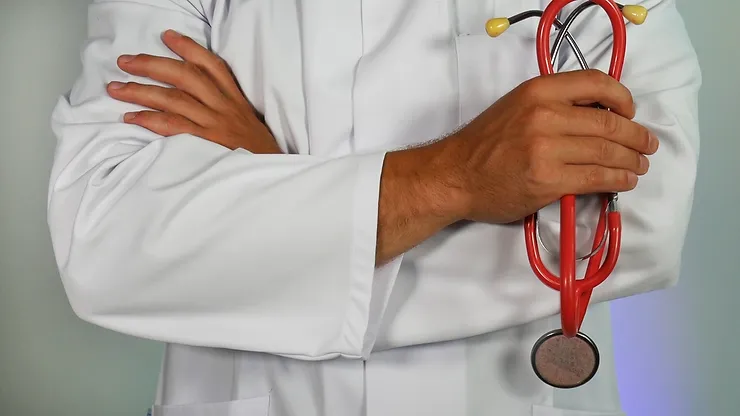
Listen to your doctor – Listen to your doctor – Listen to your doctor. This is some of the most important advice we can give you. Whether your medical provider has ordered a test, given you a prescription, limited to your activity, or suggested you require a surgery or physical therapy – follow their advice. It is essential that you follow your provider’s advice in order to make a full recovery and to receive the compensation you deserve for your injury.
5. Start Working On Your Discovery Now – This Will Take Time
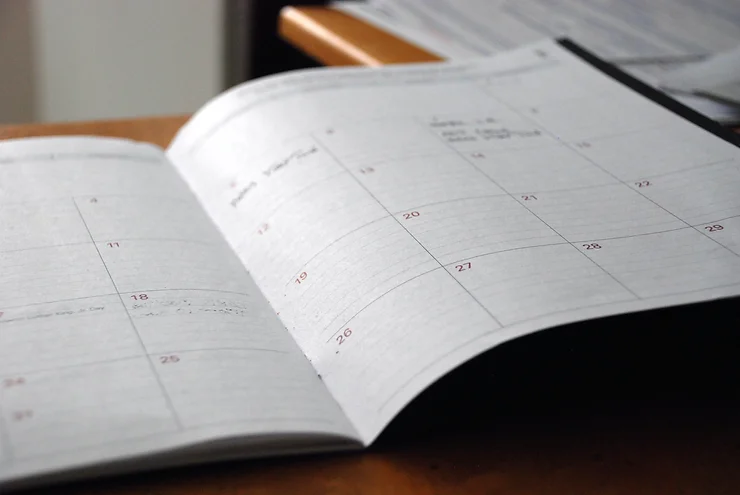
Legal discovery is long and time-consuming process. At some point you will most likely be required to provide the information I have included in the following checklist. Please start working on gathering this information as soon as possible. Once you have completed the checklist, please provide us with a copy:
- Your Drivers license, Department of Transportation (D.O.T.) transportation card, Social Security card.
- Your insurance card, if applicable, if you have switched insurance providers, you will need the card of the auto insurance at the time of the accident.
- Your driving history for the past seven (7) years. This can be obtained from the Department of Motor Vehicle Safety.
- Any pictures, videos, or documents that were exchanged/taken/formed at the scene of the accident. This includes: Accident photos, opposing party insurance information, traffic citations issued, and/or recordings of the accident.
- Any and all accident reports generated by the police or a third party concerning the accident.
- Any and all damage appraisals/repair invoices regarding the vehicle involved in the accident. Please limit this to damages to the vehicle that are a direct result of the accident.
- A copy of the title of the vehicle that was involved in the accident. If you don’t not own the vehicle then any lease or contractual paperwork that allowed you access to the vehicle.
- Copy of any repairs, maintenance, or equipment changes (Tires, light bulbs, etc.) for the vehicle involved in the accident for the past three (3) years.
- Any documents, recordings, and/or videos of statements of any kind made by a witness, opposing party, or anyone e having evidence to the circumstances of the accident.
- Any photos, videos, recordings, or documents you plan to use as a rebuttal to liability/enter in as evidence in your favor.
- Any recordings, documents, videos, or photos of experts you plan/or have been retained to participate in litigation on your behalf.
- Any insurance policies, on the vehicle, including if it is a company/work vehicle.
- Any past complaints, settlements, or legal judgements you have had pertaining to the accident in question.
- Any report that you have obtained via an expert regarding to the accident.
- Any and all photographs, recordings, videos regarding the accident that may not have fit into a category above.
- Documents of any additional cases, accident reports, or recordings pertaining to the accident that are being used for a separate civil action.
- Any and all federal and state tax returns,W-2s, for the last two (2) years before the accident occurred and then after the accident occurred.
- Any and all evidence that could be used to determine your driving record. Such as prior tickets, arrests, accidents, etc.
- A copy of your current or most up to date resume.
- A copy of each and every medical bill that you have accrued pertaining to you vision in the past two (2) years.
- A copy of each and every medical bill that you have accrued pertaining to the accident, from the day of the accident until present.
- A copy of your medical history from the past two (2) years, specifically focusing on, chronic health issues, major or minor surgeries, debilitating diseases, and or extended hospitalization.
- All social media posts made on any platform (Facebook, Instagram, Snap Chat, Telegram, Tik Tok, etc.) from the day of the accident until the present.
6. Get Familiar With The Terms
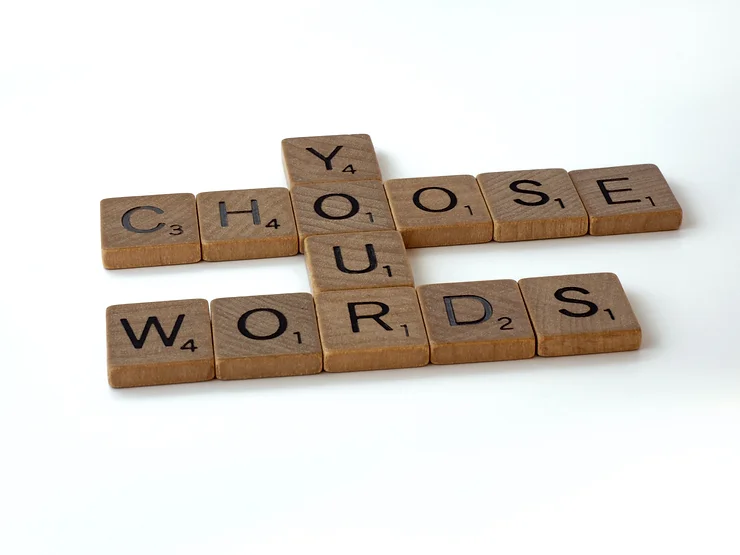
You may be unfamiliar with some of the terms used during your personal injury claim, we have compiled a list of the most common terms you may hear during you case. Please make yourself familiar with the following terms:
Damages – Typically the term “Damages” refers to all of your economic and non-economic losses caused by the car accident. The type and amount of your damages will directly impact the value of your case. The most common types of damages are:
Medical Expenses – The cost of your ambulance ride (or air ambulance/ life flight), your initial Emergency room or doctor visit, your follow up medical appointments, surgeries, chiropractor visits, pain management, physical therapy, neurologist, orthopedic, primary care physician, and prescription or medication costs.
Future Medical Expenses – We typically try to ensure that our clients have finished treatment and their lives have retuned to as close to normal as possible before settling or proceeding to trial. However, sometimes it is either impossible or simply not feasible for a Client to complete their treatment, regain all their function, or be totally free from pain. In cases like this, it may be necessary to budget for future medical treatment for our Clients.
Lost Income – After suffering an injury from your car accident, you may not be able to return to work right away. Whether your injury is minor or serious, requires surgery, extensive medical care, or simply necessitates that you limit your physical activity your ability to work, run your business, and earn your normal income may be lost. Maintaining accurate records and keeping track of the calculation is necessary to ensure you are reimbursed for the income you after being injured in a car accident.
Travel Expenses – Traveling to and from your medical appointments, the pharmacy, or any other events or locations necessary for your treatment and rehabilitation can be an expensive and time consuming process as well. Maintaining proper records, including your starting and ending location, the mileage between the two, and the reason for the trip is necessary to make sure you are properly compensated. The car accident Attorneys at Teague Law recommend you keep a travel log for this very purpose.
Pain and Suffering – The injuries you sustain in a car accident not only require you to seek medical care and undergo treatment to recover – but also to endure to the pain caused by the injuries – pain that may very well last past the end of your treatment or even be permanent. When determining the damages you incurred during your car accident, your Teague Law Car Wreck Attorney will look at the duration and level of pain you suffered, any limitations on your physical activity and movements, and the inability to do things you enjoy.
Diminution in Value – If your vehicle will be repaired by the insurance company through your property damage claim, you also have a diminution in value claim – that is a claim for the decreased value of your car once it is repaired. Services like carfax that report every accident and insurance claim your vehicle has been involved in result in a decrease in the value of your vehicle once it has been involved in an accident. A diminution in value claim allows you to request compensation for the loss in value to your vehicle, even once it is repaired. Some vehicles will incur a significantly larger diminution in value than others. Calculating this decrease in value is difficult and may require that your Car Accident Attorney employ the services of a professional adjuster in certain cases.
Property Damage – When you are injured in a car accident and an insurance claim is filed, you will have two separate claims – 1) property damage and 2) bodily injury. These claims will have the same claim number but will typically be handled by two different departments and adjusters within the insurance company. The Property damage claim only concerns the damage done to your vehicle and any other personal property on or inside of your vehicle. A property damage claim may be for minor damages to your vehicle that will be repaired by a body shop – or it may be for a total loss when the cost to repair the vehicle reaches over a certain percentage of the value of the vehicle (typically 75-85 percent). If a vehicle is totaled the amount paid out should be in a range between the Kelley blue book and NADA dealer black book value. Typically, Attorneys are not involved in the property damage portion of your case – however, the car accident Attorneys at Teague Law have helped clients when the insurance company has refused to accept liability, make a reasonable offer, or the claim involves a specialty vehicle or collector car.
7. What You Need To Know About Evidence
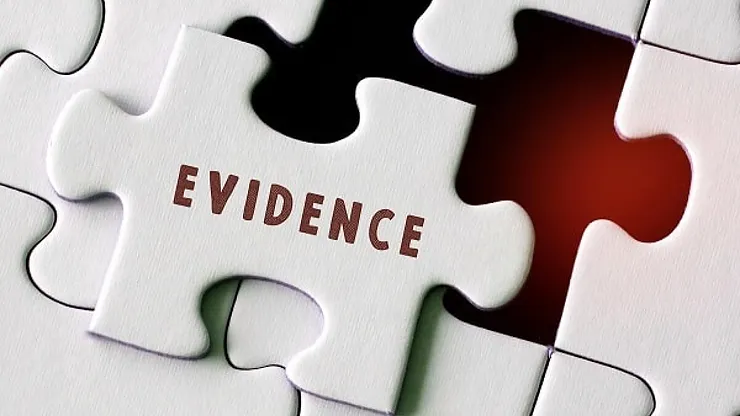
Collecting and analyzing evidence to prepare for a potential trial or insurance claim is one of the most important things you Teague Law Car Wreck Attorney will do. Evidence is a broad term that can include many types of documents, recordings, images, and other data. It is essential that your car accident attorney begin to collect this evidence immediately because some may disappear or be lost forever if not collected quickly. Some of the common types of evidence that we look for are:
Police Report – The officer who appeared on scene at the car accident should have written a report that will include essential information: The at fault drivers name, address, and insurance information, a list of any potential witnesses, a diagram of the vehicles, the officer’s determination of how the accident occurred, a list of the contributing factors of each driver, and the officer’s determination of which driver was at fault.
911 Call – The 911 call can be a trove of vital information. Anytime someone calls 911 the call will be recorded from beginning to end. The recording can be a great resource to find errors and discrepancies in the other driver’s story – has the explanation of events given on the 911 call changed over time? The other driver may even admit guilty or be so confused about what happens that it casts doubt on their entire story. Additionally, this same method can strengthen your case if you made an initial 911 call and your story has been consistent. Finally, other bypassers may have witnessed the accident and called 911 to give a statement that may strengthen your case.
Video – While it is very unlikely a video camera captured the entire car accident (unless you have a dash camera – see below) it is still vital we check as quickly as possible. A store or traffic camera near the location of the car accident may have recorded the entire wreck; however, that evidence can disappear in mere hours or days. It is urgent you hire an Attorney quickly to persevere this evidence. Your Car Accident Attorney at Teague Law will send out spoliation letters to preserve any possible evidence from destruction. Additionally, any video you took of the accident scene, the damage to the cars, your injuries, or the behavior of the other driver can be some of the strongest evidence we could hope for – particularly if you have a video of what the other driver is saying immediately after the accident.
Pictures – Pictures are a great form of evidence that are easy for a jury or judge to connect to and understand. The power of one good photograph can change the outcome of a case. The officer who worked the accident scene may have taken photographs, but we can’t depend on them. Hopefully you read our 9 things to do immediately after getting into a car accident [link] and you took photographs as soon as possible – before the cars were moved or the scene was cleaned up.
Text Messages – Keep in mind that any text messages sent by you or to you, regarding your injury, accident, or case – can be obtained by the other driver’s attorney if we proceed to trial – for this reason it is best case practice to never discuss your case or injuries with anyone, particularly by text or messaging app. This same principal applies to the at fault driver, we may discover evidence to strengthen your case in their text messages.
Social Media Posts – Much like text messages, what you or the at fault driver have posted to any social media platform will be dissected. Do pictures posted prove you were not that severely injured? Or that the at fault driver was? Did the at fault driver post their version of the accident on social media? Is it consistent with their other statements?
Witness Statements – We may be able to identify and track down witnesses from the police report or 911 call. Identifying and speaking with witnesses early on can help shape and strengthen your case. Recorded verbal or sworn written statements are typically used to memorialize the witnesses’ statement.
Statement to Insurance – When you call to report the accident to your insurance company, keep in mind they are recording anything you say – and may use it later to try and deny any claim you may have on your own insurance. Additionally, the other driver’s insurance company will attempt to contact you for a statement if you don’t have an attorney – they will ask you for a recorded statement – never give any statement to the insurance company, they will try and get you to say something to harm your case. You should be especially careful if both you and the other driver share the same insurance company.
Dash Camera Video – Dash cameras are becoming more commonplace – their use can be a benefit – but they can also be dangerous for your case. The camera will have recorded everything before, during, and after your car wreck. Any bad behavior of your own – using a phone, speeding, following too closely, failure to maintain lane, failure to yield, running a red light, or even discussions about alcohol or drug use could possibly be recorded.
